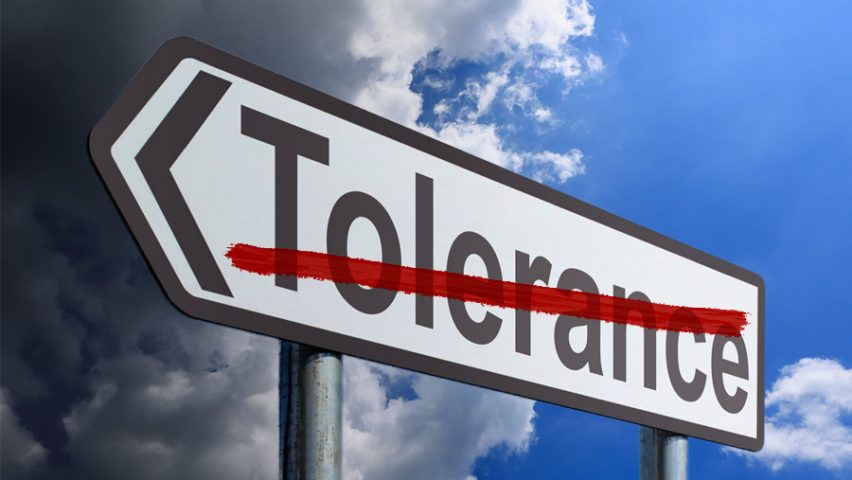By J. Daryl Charles, First Things, Jan. 7, 2025
J. Daryl Charles serves as a 2024/2025 visiting Elshtain Fellow at the Institute on Religion and Democracy and is a contributing editor at Touchstone and Providence: A Journal of Christianity and American Foreign Policy.
Along with its sibling “diversity,” “tolerance” has achieved the status of being our culture’s reigning virtue. Given its omnipresence, it is incumbent upon us to be morally serious about its definition and character when applied in the public sphere. The current cultural climate, however, militates against this—a climate in which at times grotesquely distorted forms of “diversity” are being mandated by government, education, as well as business, as in, the key sectors of American society.
Tolerance originally denoted a policy of forbearance in the presence of something not acceptable to all. It was foremost a political virtue and, at bottom, demonstrated a government’s readiness to permit a variety of religious beliefs. John Locke argues that government should not enforce a specific religion in his Letter Concerning Toleration (1689) and Two Treatises of Government (1689). …
Continue reading >>>>>>>>>>







